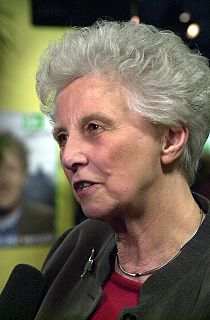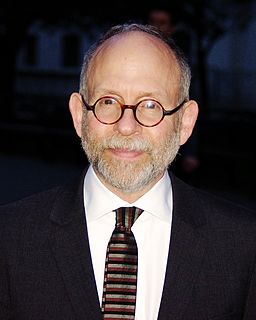A Quote by Alain de Botton
Sometimes my biography is interpreted as the upbringing of a French aristocrat. It was very, very different. We were a family of mercantile, immigrant Jews.
Related Quotes
Biography always has fulfiled this role. Robinson Crusoe is a biography, as is Tom Jones. You can go through the whole range of the novel, and you will find it is biography. The only difference between one example and the other is that sometimes it's a partial biography and sometimes it's a total biography. Clarissa, for example, is a partial biography of Clarissa and a partial biography of Lovelace. In other words, it doesn't follow Lovelace from when he is in the cradle, though it takes him to the grave.
It is one of the many merits of this admirable biography of Proust's mother that it invites one to return to the novel with perhaps a fuller understanding of Proust's heredity, hinterland, and upbringing. . . . This fascinating book is full of interesting social and cultural observation, of information about French Jewish life, the position of Jews in society and, of course, the Dreyfus case. But it is essentially a study of one of the most remarkable and fruitful of mother-son relationships. As such it is a book that every Proustian will want to read.
Holocaust is very much a part of present discussion all over the place. There are little plaques everywhere you go around in different neighborhoods. "This person here was prosecuted." "This person was sent to this concentration camp." "A family of Jews lived here. They took over his business." Little, very discrete, very dignified plaques are everywhere.






































